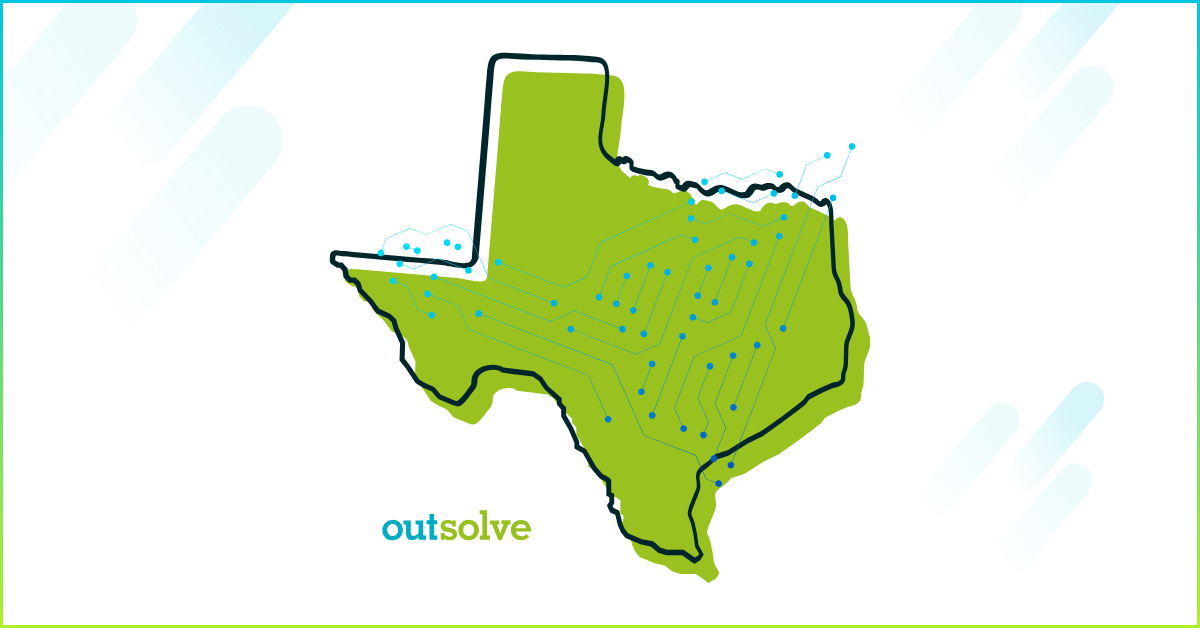3 min read
EEOC Releases Draft 2023-2027 Strategic Enforcement Plan (SEP)
 Debra Milstein Gardner
:
Jan 26, 2023 1:59:38 PM
Debra Milstein Gardner
:
Jan 26, 2023 1:59:38 PM
%20(1).png)
EEOC Releases Draft 2023-2027 Strategic Enforcement Plan (SEP)
EEOC will take a targeted enforcement approach using directed investigations and Commissioner charges
The Equal Employment Opportunity Commission (EEOC) released for public comment a draft 2023-2027 Strategic Enforcement Plan (SEP) which will lead the agency’s enforcement efforts over the next five years. The main six subject matter priorities have remained consistent since the first SEP for fiscal years 2013-2016; however, additional “areas of focus” have been added to those priorities. The SEP indicates that EEOC will use a targeted enforcement approach through “proactive efforts to address SEP priority issues, including using Commissioner Charges and directed investigations.” This is a change from past practices where Commissioner charges have comprised less than 1% of the annual charge volume since 2015.
Overview of the Six Subject Matter Priorities with Additions to Prior SEPS
- Priority 1: Eliminating Barriers in Recruitment and Hiring – adds pregnant workers, pregnancy-related medical conditions, LGBTQI+ individuals, and people with disabilities to the prior list. Focuses on the use of automated systems, including artificial intelligence (AI) and machine learning to “target job advertisement, recruit applicants, or make or assist in hiring decisions where such systems intentionally exclude or adversely impact protected groups.” With regard to steering into jobs, EEOC will also examine whether employers are segregating workers in jobs, or by job duties, based on membership in a protected group.
Priority 2: Protecting Vulnerable Workers and Persons from Underserved Communities from Employment Discrimination – identifies the following nine categories of vulnerable workers: (a) immigrant and migrant workers, (b) people with developmental or intellectual disabilities, (c) individuals with arrest or conviction records, (d) LGBTQI+ individuals, (e) temporary workers, (f) older workers, (g) individuals employed in low wage jobs, particularly teenage workers, (h) Native Americans/Alaska Natives, and (i) persons with limited literacy or English proficiency.
Priority 3: Addressing Selecting Emerging and Developing Issues – adds discrimination and stereotyping related to COVID-19, noting that persons of Asian descent, older workers, and persons with disabilities have been targeted.- Priority 4: Advancing Equal Pay for All Workers – broadens the previous focus from sex-based differences in pay to discrimination based on any protected category. EEOC claims that it will use its authority to initiate directed investigations and Commissioner’s charges to investigate pay issues.
- Priority 5: Preserving Access to the Legal Systems – focuses on overly broad agreements including arbitration agreements; failure to maintain documentation, especially related to applicant and employee records; and retaliatory practices.
- Priority 6: Preventing and Remedying Systemic Harassment – addresses harassment based on pregnancy, gender identity, and sexual orientation. Increases agency support for employer training, technical assistance, and policy guidance.
Public comments must be received by February 9, 2023. Comments can be submitted electronically to the Federal eRulemaking Portal. Comments can be reviewed in the Commission’s library by scheduling an appointment with the library staff at 202.921.3119, 800.669.6820 (TTY), or 844.234.5122 (ASL Video phone).

OutSolve’s Take
To be prepared for the agency’s plans for the next five year, employers should read the draft document and review internal employment practices to keep them away from agency scrutiny. This is the first time that EEOC has identified as its top priority as “Eliminating Barriers in Recruitment and Hiring Practices” with a focus on “the use of automatic systems, including AI or machine learning. This supports the agency’s recent guidance on “The Americans with Disabilities Act and the Use of Software, Algorithms and Artificial Intelligence to Access Job Applicants and Employees.” (OutSolve blog)
If the EEOC does use Commissioner’s Charges to pursue potential discrimination based on the use of AI based recruiting, hiring, and promoting, it will broaden the tools available to reveal discrimination. The spotlight on this type of discrimination recognizes the changes in the current mode of hiring. Even though states and local governments have passed legislation on AI employment related tools, there is no federal requirement that employers must disclose the use of AI technology in the employment process.
It is expected that EEOC will focus on litigating large-scale, systematic, and high-profile cases that address the priorities identified in the draft SEP. Keep in mind that the OFCCP, EEOC, and the Department of Justice (DOJ) have a memorandum of understanding (MOU) that promotes interagency coordination. It can be expected that when OFCCP initiates a compliance review that they reach out to EEOC to request information on ongoing discrimination investigations. Therefore, these priorities and enforcement efforts have an impact on all employers, as well as government contractors. [OutSolve blog] and EEOC press release]
Debra Milstein Gardner has worked in the Equal Employment Opportunity (EEO) and Affirmative Action (AA) space for the past 43 years while working in the public and private sectors in various human resources compliance roles. She began her career working for the Equal Employment Opportunity Commission and then went to the Marriott Corporation for nine years working in EEO, Affirmative Action and field human resource roles. In 1990, Debra founded Workplace Dynamics LLC providing EEO, AA, and DEI consulting services to government contractors. In 2016, Debra sold the affirmative action portion of Workplace Dynamics to OutSolve LLC and works part-time as a Market Analyst. Debra is a sports fanatic, routing for the Baltimore Ravens and all Virginia Tech Hokie teams. She loves to hike and boat in her mountain and lake community of Lake Lure, NC.
Weekly OutLook
Featured Posts

5 Key Compliance Items HR Can’t Afford to Ignore

HR Compliance Checklist: What Every HR Pro Needs to Know
Related Posts

What Texas HB 149 Means for HR Professionals
AI is already changing how companies hire, manage, and evaluate employees in the workplace. For HR professionals, AI is a game changer because it can...

New Jersey Pay Transparency Laws: What You Need to Know
Update: New Jersey proposed updates to its pay transparency law in October 2025. If passed, the requirements will be a first of its kind in that...

Legal Series: Top 4 HR Compliance Trends to Watch in 2026
This article is part of an ongoing legal series designed to provide insight and practical guidance on current and emerging workplace compliance...
